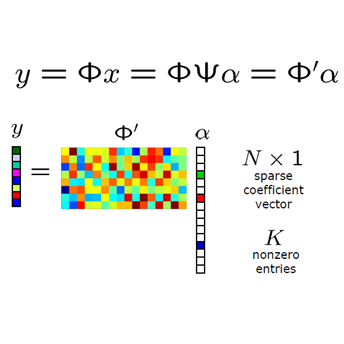We consider the approximate support recovery (ASR) task of inferring the support of a $K$-sparse vector ${\bf x} \in \mathbb{R}^n$ from $m$ noisy measurements. We examine the case where $n$ is large, which precludes the application of standard compressed sensing solvers, thereby necessitating solutions with lower complexity. We design a scheme for ASR by leveraging techniques developed for unsourced multiple access. We present two decoding algorithms with computational complexities $\mathcal{O}(K^2 \log n+K \log n \log \log n)$ and $\mathcal{O}(K^3 +K^2 \log n+ K \log n \log \log n)$ per iteration, respectively. When $K \ll n$, this is much lower than the complexity of approximate message passing with a minimum mean squared error denoiser% (AMP-MMSE) ,which requires $\mathcal{O}(mn)$ operations per iteration. This gain comes at a slight performance cost. Our findings suggest that notions from multiple access %such as spreading, matched filter receivers and codes can play an important role in the design of measurement schemes for ASR.
翻译:我们考虑大致的支持回收( ASR) 任务, 即从 $mall drong 测量中推算 $K$- scarse 矢量 $ $ bf x} (K2\log n\log n\log n$) 和 $\mathcal {O} (K3 +K% 2\log n\K\log n\log\log\log nn), 从而需要使用复杂程度较低的解决方案。 我们设计一个 ASR 方案, 利用为无源多重访问开发的技术。 我们提出两种解码算法, 其计算复杂程度为 $\ mathcal{O} (K2\log nlog n) 和 $\mathcal{O} 。 我们的计算方法的计算方法, 其使用成本为: 以最小的正方差差差差%, 其使用率的计算方法, 其使用率性计算方法。





